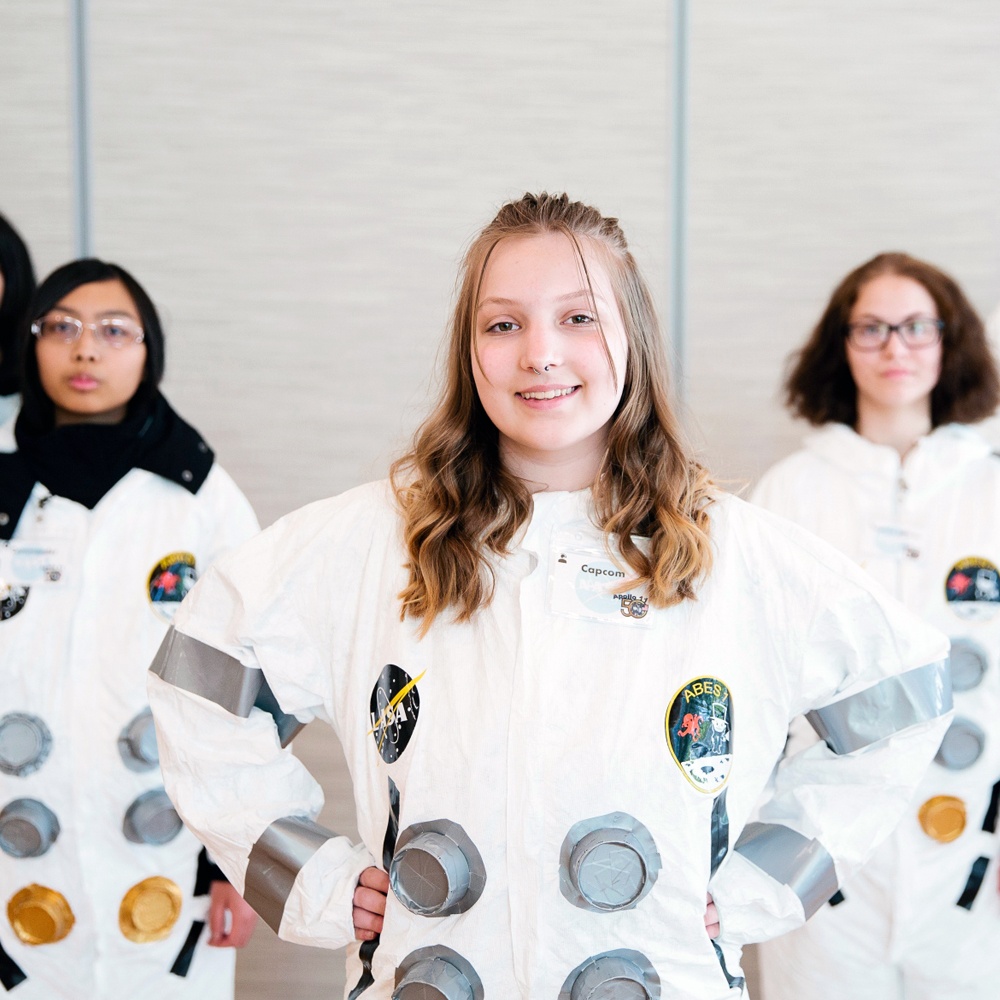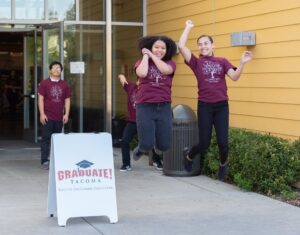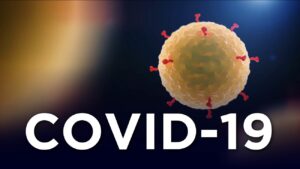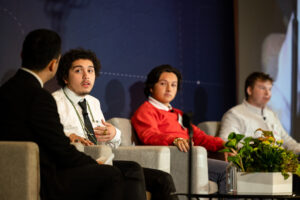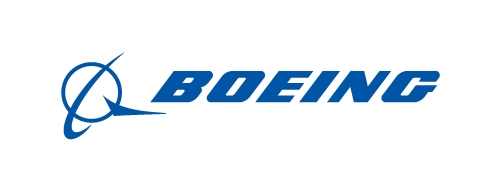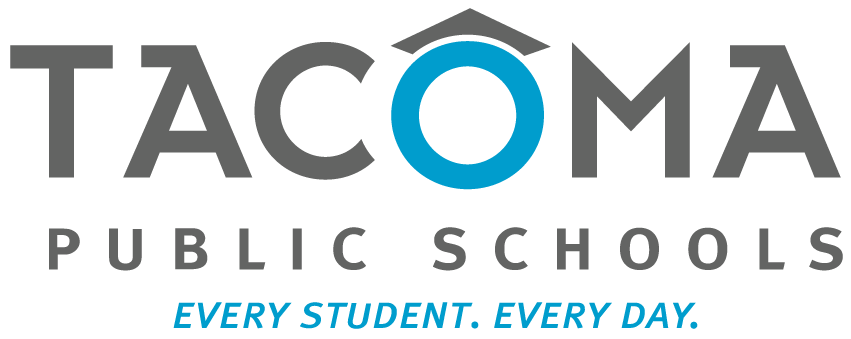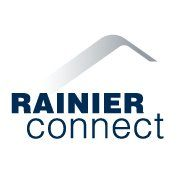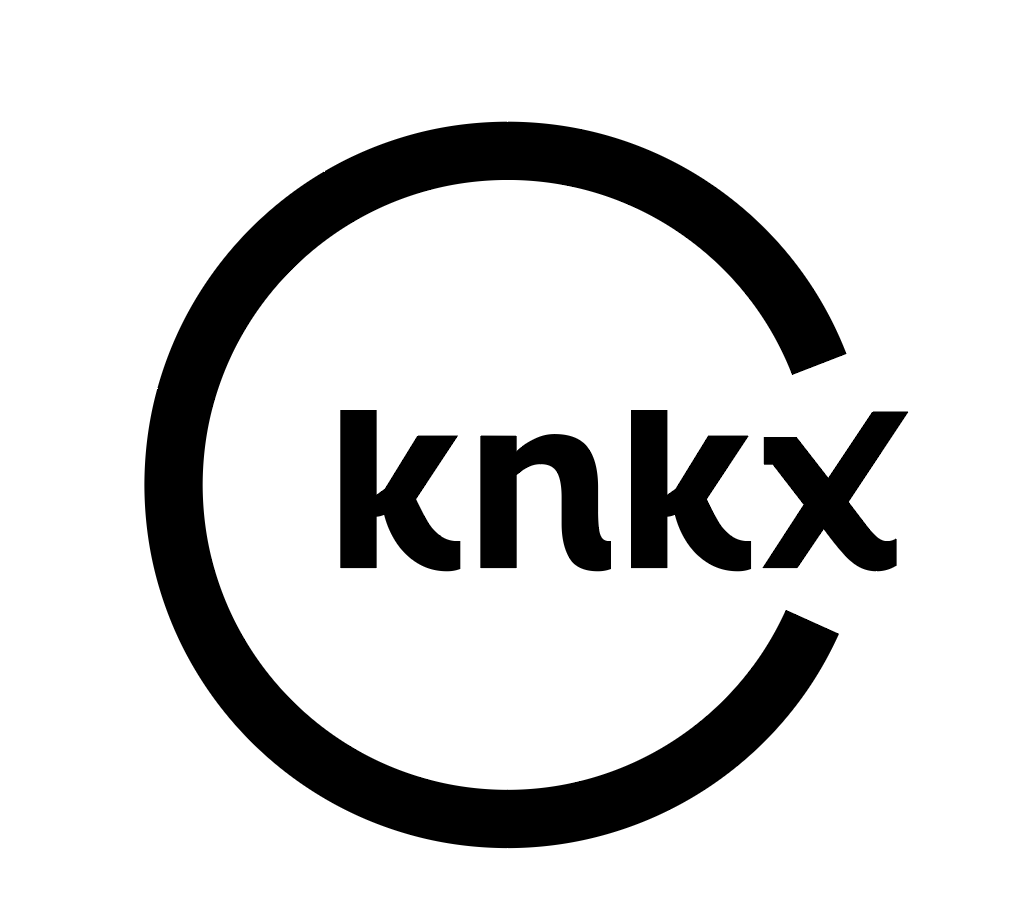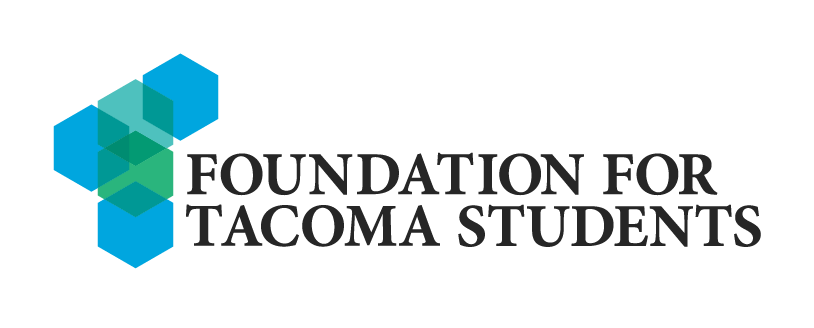Students from fifth to 12th grades across Tacoma-Pierce County gathered at the Eastside Community Center last month to recreate the Apollo 11 moon landing for the Apollo Next Giant Leap Student Challenge (ANGLeS), a national competition sponsored by NASA.
The challenge, which commemorates the 50th anniversary of the first human moon landing, challenged the nine participating teams to fly a drone carrying a lunar module and land it near the Apollo 11 landing sight on an image of the moon’s surface. Students were encouraged to create an artifact that represented their community to land on the moon.
Upon landing, each team used a programmed Lego robot to leave the landing site, place the artifact on the moon and bring back a rock sample. High school students were tasked with returning their artifact back to the starting line. Teams were critiqued based on their proximity to the landing site and the creativity of their costumes and presentation.
In the end, one middle school team from the Tacoma Public Library – Team Hal – and one high school team – Team AstroAphelion, which was made up of Lincoln and Mt. Tahoma students, qualified to compete at the regional competition at UW in Seattle against the top teams across the state. The winning team will get a trip to the Johnson Space Center in Houston this summer to be part of the 50th-anniversary celebration.
The UW-based Northwest Earth and Space Sciences Pipeline (NESSP) provided all materials for this challenge along with professional development training for adult volunteers to adequately train each team.
Tacoma STEAM Manager, Chanel R. Hall, saw this challenge as the perfect opportunity to provide Tacoma-Pierce County students with first-hand experience with technology similar to NASA.
“Students of color and girls often don’t have access to the technology [Lego Mindstorms and drones] used in this challenge,” Chanel says, “this challenge exposes students to computer science, math, physics, and 21st-century skills that are used every day by scientists, physicist, and astronauts. It is a way to allow students to explore these careers in a hands-on, fun way.”
Photos by Lisa Monet Photography
[ngg src=”galleries” ids=”2″ display=”basic_thumbnail” thumbnail_crop=”0″ images_per_page=”50″ number_of_columns=”4″]

